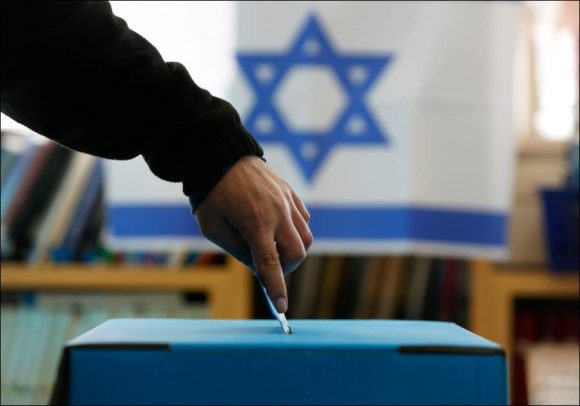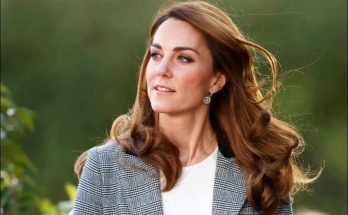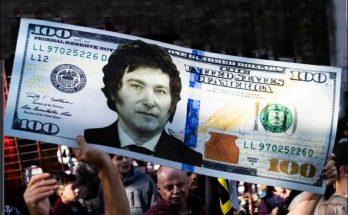In the renewed general election in Israel, Prime Minister Benjamin Netanyahu’s Likud and his rival Blue-White Alliance won the same number of seats and finished the election race in a draw.
The Israeli Central Election Commission announced that 92 percent of the vote has been counted so far. According to inaccurate results, only 9 out of 29 parties participating in the race exceeded the 3.25 per cent election threshold.
While the turnout rate increased compared to the previous election, 69.4 percent of the 6 million 300 thousand registered voters in Israel went to the polls. Israelis, 64.65 percent of the early elections in April had participated.
Distribution of seats
Even though Netanyahu’s party was leading with a small vote, the results showed a draw in terms of the distribution of seats. Accordingly, Prime Minister Netanyahu-led Likud and former Chief of General Staff Benny Gantz and Yair Lapid-led Blue and White Alliance will be represented by 32 deputies in parliament.
Results of Palestinian’s Common Arabic List
Parties representing approximately 2 million Palestinian Israeli citizens entered this election in a single alliance, unlike the previous period. The Palestinian participation rate was higher than the general election held in April.
The Front (Hadash), the Arab Change Movement (Ta’al), the United Arab List (Islamic Movement) and the Balad (Tecemmu) parties, which were elected in the form of two separate alliances in the first election, once again issued 12 MPs under the umbrella of the Joint Arab List Bloc.
Liberman plays o lock role
Otzma Yehudit (Jewish Power Party), which was supported by fanatical Jews and expected to join the Netanyahu coalition, remained under the dam, while in the April election, former Defense Minister Avigdor Liberman’s Israeli Home (Beyteynu) sent only 5 deputies to parliament.
In this election, 9 deputies managed to remove. Liberman was once again a key figure in the coalition governments. Shas (Eastern Torah Guards) representing 9 ultra-orthodox Jews (Haredis), which make up 11.1 percent of the Israeli population of about 9 million, issued 9 deputies, while the Jewish United Torah (Jewish HaTora) party issued 8 deputies.
The United Right Party, founded by former Justice Minister Ayelet Shaked, managed to pass the threshold and send 8 MPs to parliament, unlike the previous elections.
Amir Peretz and the Orly Levy Labor Party-Gesher Alliance were eligible to enter the parliament with six deputies in the April elections, while the Democratic Unity Alliance, including the party of Meretz, which also defended the two-state solution, also issued five MPs.
A new coalition government
In order to form a government in Israel, it is necessary to have 61 seats in the 120-seat assembly. According to the poll results, a new coalition government is waiting for Israel, as no party is able to capture the majority to form a single government.
Israeli President Reuven Rivlin will start meeting with the parties that are eligible to enter parliament from tomorrow.
Visits: 60



